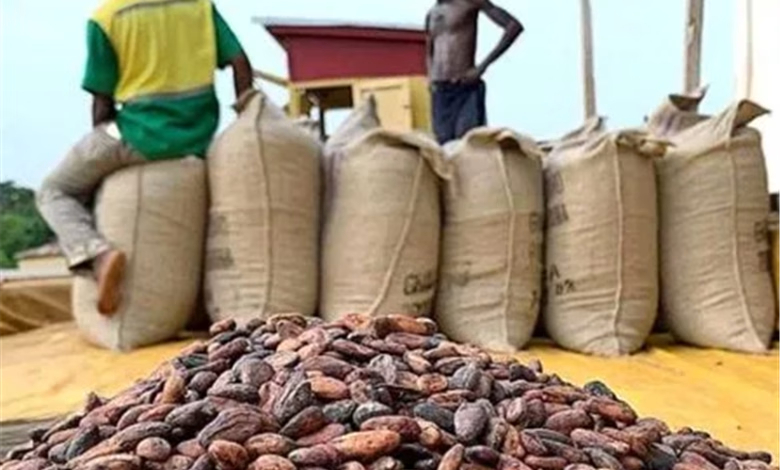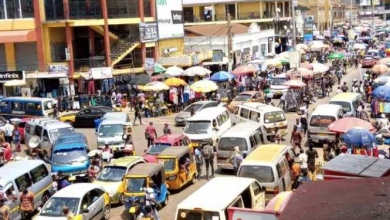Ghana Must Act on Cocoa Tariff Gap – AGI President

- AGI President warns of long-term risks from U.S. 10% tariff on Ghanaian cocoa
- Warns the tariff could impact fiscal stability, exchange rates, and remittances
- He urges Ghana to use 90-day grace period for strategic planning and dialogue
The President of the Association of Ghana Industries (AGI), Dr. Humphrey Ayim-Darke, has raised serious concerns about the long-term effects of a growing tariff gap between Ghana and Côte d’Ivoire, following the United States’ decision to impose a 10% duty on Ghanaian exports, including cocoa.
Speaking on PM Express Business Edition on Joy News, Dr. Ayim-Darke warned that this development should not be viewed in isolation. He urged policymakers to pursue a coordinated regional strategy that reflects the economic vulnerabilities of both countries.
“We’re worried about the tariff disparity between Ghana and Ivory Coast,” he said. “We’re working together to harmonize cocoa exports and improve benefits to our farmers, but with Ghana facing a 10% tariff and Côte d’Ivoire reportedly at 14%, the trade implications could be significant.”
He cautioned that what may seem like a short-term advantage could have adverse effects down the line. “Thinking a 10% tariff is good for us may be misleading—what looks beneficial today could come back to hurt us tomorrow,” he said.
Dr. Ayim-Darke described the 90-day grace period before the U.S. tariff takes effect as a critical window for consultation and strategy development. “Without this pause, the anxiety would be far worse. We’re using the time to engage with government and regional stakeholders,” he added, emphasizing the need for collaborative action with countries like Côte d’Ivoire.
He also highlighted the broader economic risks, noting that Ghana’s narrow fiscal space—heavily dependent on imports and exports—makes the country vulnerable to such shocks. “Our cocoa revenue is already under pressure due to illegal mining and declining production. Any further disruption will hit our budget hard,” he said.
The AGI President stressed that the Finance Ministry must act quickly to ensure stability in the cocoa sector, which remains a key pillar of Ghana’s economy.
Beyond trade, Dr. Ayim-Darke warned of indirect ripple effects on the exchange rate, inflation, interest rates, and even remittances. “When domestic revenue weakens, monetary tightening follows—this affects lending rates, the policy rate, and ultimately the value of the cedi,” he explained.
He also noted that reduced disposable income in the U.S. due to the tariffs could lower remittance flows to Ghana. “Remittances are vital. If inflation hits U.S. consumers, their ability to support families back home drops, and that affects government finances.”
Dr. Ayim-Darke’s overall message was a call to action: Ghana must not take the new U.S. tariff at face value but rather adopt a broader view to protect its economy and competitiveness.
“You can’t treat this as an isolated issue,” he concluded. “It’s a macroeconomic and microeconomic challenge we must tackle together—and urgently.”






